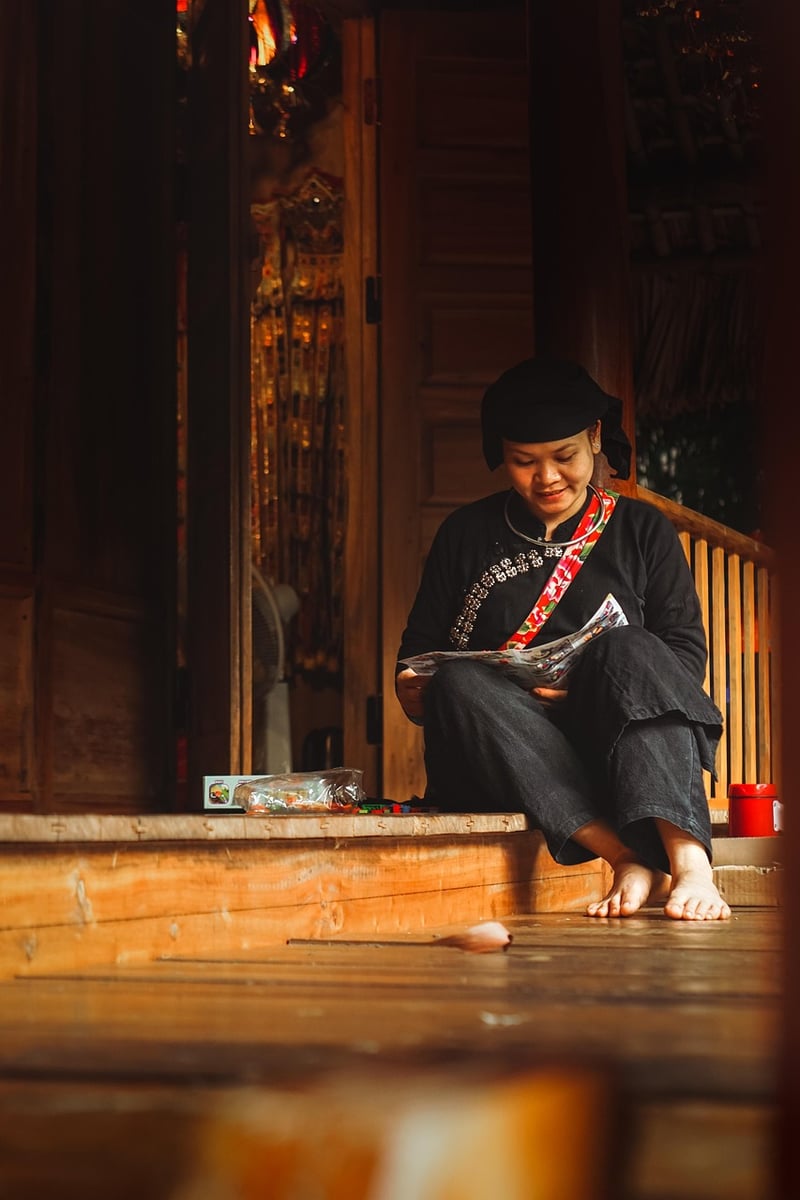Cultural Traditions
The Importance of Meaningful Rituals and Cultural Traditions

Every culture around the world has its own unique traditions and rituals that are passed down from generation to generation. These rituals and traditions play a crucial role in shaping the identity and values of a community. They provide a sense of belonging, continuity, and connection to the past. Let's explore the significance of meaningful rituals and cultural traditions.
Preserving Heritage
One of the key benefits of rituals and cultural traditions is their ability to preserve a community's heritage. By practicing age-old customs, wearing traditional attire, and celebrating festivals, people keep their cultural identity alive. This helps in maintaining a sense of pride and belonging among community members.
Building Strong Relationships
Rituals and traditions often involve gathering with family and friends, sharing meals, and participating in activities together. These shared experiences help in strengthening bonds between individuals and fostering a sense of unity within the community. Whether it's a wedding ceremony, a religious festival, or a holiday celebration, these rituals create lasting memories and connections.
Passing on Values
Through rituals and traditions, important values and beliefs are imparted to the younger generation. Children learn about respect, gratitude, empathy, and other virtues by observing and participating in cultural practices. This passing on of values ensures that core principles are upheld and transmitted through the ages.
Celebrating Diversity
In today's globalized world, where different cultures interact and intersect, rituals and traditions serve as a means of celebrating diversity. By learning about and respecting the customs of others, individuals can foster cross-cultural understanding and appreciation. This promotes harmony and inclusivity in society.
Embracing Change
While cultural traditions provide a sense of continuity, they also evolve over time to adapt to changing circumstances. Communities reinterpret old customs, incorporate new elements, and create innovative rituals to stay relevant and meaningful. This ability to embrace change while honoring the past ensures that traditions remain vibrant and dynamic.
In conclusion, meaningful rituals and cultural traditions play a vital role in preserving heritage, building relationships, passing on values, celebrating diversity, and embracing change. By participating in these practices, individuals can connect with their roots, strengthen community ties, and enrich their lives with the richness of diverse cultures.
Embrace the beauty of traditions and let them weave a tapestry of connection and meaning in your life!
